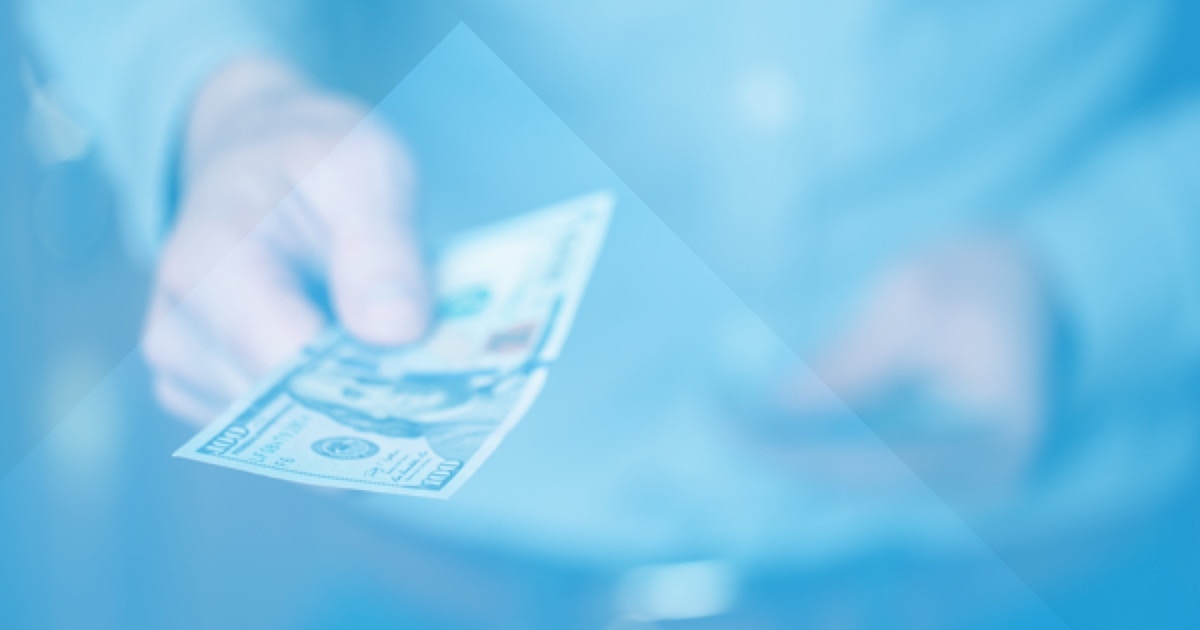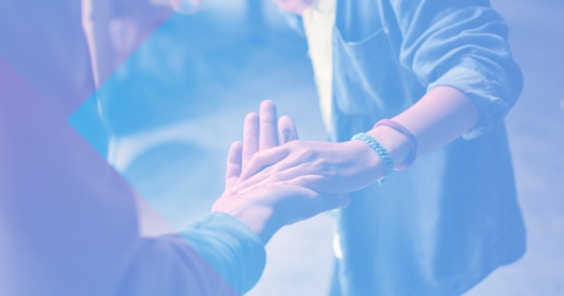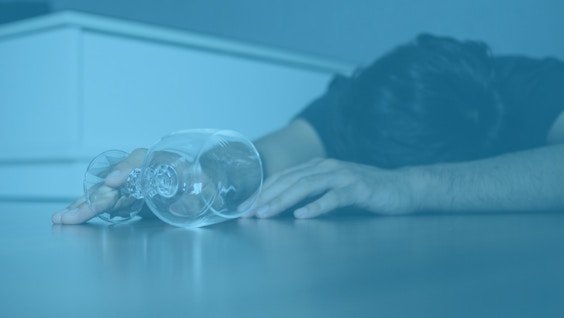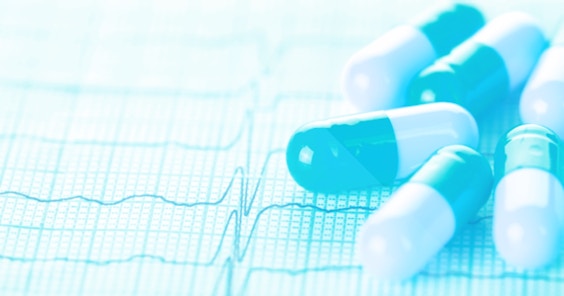I Am Sober is a free app that helps you get some control back in your life.

Sober Calculator App: How Much You Save
Last Updated: Mon, May 19, 2025To quickly find out how much your addiction costs, download the I Am Sober app on iTunes or Google Play. The I Am Sober app is a sober counter and sobriety calculator that keeps track of how many days sober you are and how much you're saving. What's more, it also keeps track of the time you're saving by staying sober.
Benefits of a Sober Calculator App: The Total Cost Of Drugs & Alcohol
It's easier to put a price tag on drugs and alcohol. You can buy a case of cheap beer without thinking twice about it. But do you factor in the cost of gas if you're driving to the nearest liquor store ? Or the cost of a cab if you're drinking at a bar and don't plan on driving home?
For an alcoholic, it’s not just $20 on a bad night. It's also:
-
The $15 Uber you have to pay to get home
-
The $6 takeout you buy instead of making a meal because you’re too intoxicated
-
The firewood you buy online because of an idea you had
-
The hour of work you miss in the morning buying $7 over-the-counter hangover remedies
-
The $10 Uber you need to get back to your car after work (plus or minus the $45 parking ticket from last night).
None of this includes the time you spend in pursuit of drugs and drinking alcohol either. With alcohol, the pursuit is relatively short. But it takes a long time to sober up. This is time that could be spent doing something productive, be it chores, errands, or work.
With illegal drugs, this is even more apparent, with many people needing to:
-
Meet at inconvenient hours
-
Travel great distances
-
Find secluded areas to ingest their drug,
And again, the time it takes to sober up. When you're an addict, one of the most formidable lessons is "how much is your time worth?"
And of course, all of this is a better deal than the cost of legal fees, hospital bills, repair expenses and increased insurance premiums that can come from a DUI.
Addicts & The Cost of Living
For addicts, everything they do is a means to their next fix or drink. This is why substitution addictions are so common. Many dive headlong into less harmful drugs, social media, or video games to distract themselves from the more pressing addiction. This is one of the many reasons why a part of going to rehab is "getting clean" followed by finding the underlying reason for your addiction. The goal is to find the root of your addictive behavior so it can be addressed rather than substituted.
Many addicts experience sensory overload when they decide to get sober. It’s not just that addicts start listening to the people and the world around them. It's also because emotions and thoughts that had been numbed for so long start to resurface.
For many addicts, the initial cost of living being sober, can be challenging. Typically addicts take time off (or quit) their jobs to attend rehab and addiction treatment. This comes with its own slew of costs. Additionally, depending on how bad your addiction became, some bills may have fallen to the wayside resulting in overdue bills and credit card payments. The stress and anxiety from financial issues can often trigger a relapse. For addicts, it's not a matter of neglecting bills, but they're usually numb enough to not worry about finances.
However, this is why many addicts end up benefiting by managing their money and budgeting.
Sobriety Calculator & Recovery Costs
It's often said that a great way to stay sober is to take up more responsibilities: volunteering, adopting a pet, participating in meetings, etc. Responsibility helps keep you focused on tasks instead of on the addiction. This is especially helpful early on in addiction recovery. As a result, a great way to stay sober is to carefully budget your money.
The first thing you can do is write down how much money you currently have. Next, jot down how much money you have coming in for that month. Then, write out your mandatory expenses, such as, rent, utilities, and food. The next thing you need to do is track your spending habits the same way you track your addiction triggers. See when you feel the impulse to buy something and write it down. It's often the little purchases that add up. However, even when you don't buy something, write down when you considered spending something and keep a running tally for that as well. Once you start paying attention to where your money is going and when you're triggered to spend it, you'll start to notice patterns and how to prevent spending more than you need to. You may also start to notice where you can invest rather than splurge. For instance, a $5 cup of coffee may not seem like much. But if you find you’re consistently down $150/month, then that’s a habit to consider changing. You don’t need to stop drinking coffee. But investing one month in an $80 coffee maker could end up saving you money annually.
The other major benefit to tracking your spending is you're able to visualize the long-term gains instead of the instant gratification drug.
Sobriety Journey & Staying Motivated
Overcoming addiction isn’t easy, but daily journaling, monthly budgeting, and long-term planning can help you visualize the sobriety milestones to help live a more sober life.
Setting clear sobriety goals and tracking your progress can give you the encouragement you need to keep moving forward.
I Am Sober is a free sobriety app that helps you get some control back in your life. Download the app on iTunes or Google Play .
I Am Sober is a free app that helps you get some control back in your life.




